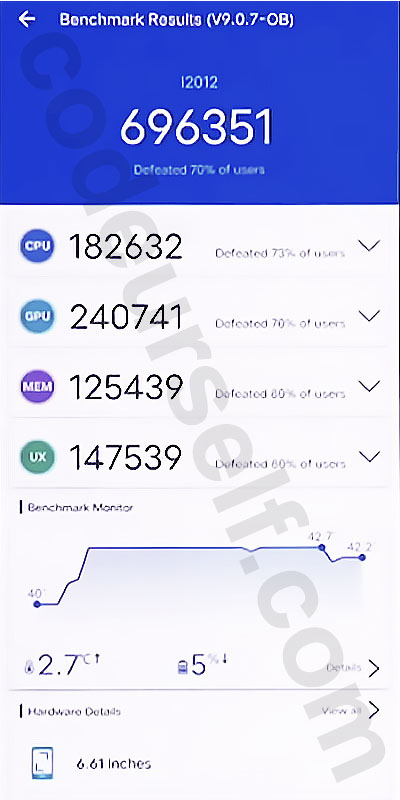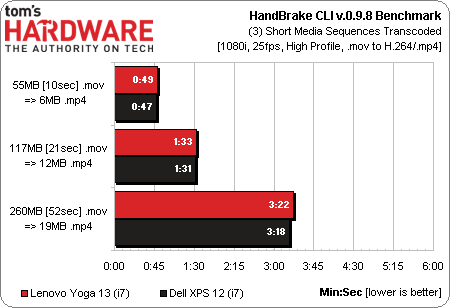

- #Geekbench benchmark scores of lenovo yoga 500 code
- #Geekbench benchmark scores of lenovo yoga 500 Pc
- #Geekbench benchmark scores of lenovo yoga 500 windows
#Geekbench benchmark scores of lenovo yoga 500 code
It'll launch applications, load webpages, and complete heavy tasks like renders and code compiles faster. Generally speaking, the higher the Geekbench score, the faster the laptop feels overall. GPUs have become increasingly prevalent in computation-heavy scenarios like animation rendering, so compute APIs like CUDA have been developed to increase the GPU's efficiency in these tasks. GPUs are designed to perform graphical workloads like rendering video games, but this benchmark measures how well they can perform computational tasks, like dividing large matrices. Newer versions of Geekbench, including Geekbench 5, also measure the compute performance. Most modern applications are well-optimized for multiple threads, but if your laptop has good multi-thread performance, you'll also get a smoother experience when multitasking heavily or playing complex open-world video games. A good example would be simulating the motion of a thousand stars around a black hole. This is in contrast to multi-thread performance, which mostly affects applications that benefit from having other instructions being run simultaneously.


Some programs like Adobe Photoshop benefit most from good single-thread performance. Single-thread performance affects scenarios where CPU instructions have to be performed in a very specific order to obtain the desired result, such as physics simulations that calculate the trajectory of one ball after it's thrown. Geekbench also performs these tasks using one or all of a CPU's threads to determine the laptop's single- and multi-thread performance independently. The benchmarks measure how well the CPU performs a wide variety of workloads, mainly in encryption, general-purpose computing, and computationally intensive tasks like 3D renders. Cinebench simply uses max cpu all the time, the others emulate normal workload more (opening apps, processing files, web browsing, video stuff).Īll this started when I felt my new laptop (the S540-13ARE) was a bit slowish when using it on battery, I started testing by simply opening apps on the i7-8550u vs the Ryzen 7 4800u and the i7 opened them faster just about all the time.Geekbench benchmarks are an easy way to determine the general performance of a laptop at a glance. My feeling is that when stressed continuously the cpu is allowed to use more power, but for shorter boosts it's consumption is reduced.
#Geekbench benchmark scores of lenovo yoga 500 Pc
Geekbench 4 and 5, PC Mark 8 and 10 and PerformanceTest 10 DO suffer (making me think cinebench is the odd one out ) )Ĭinebench scales nicely to the power settings and is also way less affected by working on battery vs on charger, the others all are hit way harder on the battery vs charger thing and also aren't (or are hardly at most) affected by all the power setting changes. Will see if I can test some more with the slim7 this weekend.Ĭinebench is the only app that doesn't seem to suffer from it. Did try all kinds of tweaks and power settings to improve it, without luck. Perhaps with the others it just takes longer for the cpu to decide 'ok, lets ramp it up'. I think it might be something with how aggressively it boosts? Cinebench just measures max cpu continuously, the rest does more short task testing (real life so to say). Performance on battery was also lower then 'battery saver' settings on charger. With that I did tests with Cinebench R15 and R20, Geekbench 4 and 5, PerformanceTest10, PCMark8 and PCMark 10.Īll but Cinebench showed the same results, performance on battery being just about the same regardless of any power or battery settings (and lower then batterysaving mode on charger).

#Geekbench benchmark scores of lenovo yoga 500 windows
(Changing the lenovo performance settings, windows power options, battery settings, customizing power controls manually). With that one I tried just about everything without luck. True, but with the baseclock being 1800 (4800u) vs 2900 (4800H) I thought that might make a difference.Īnd while I haven't extensively tested it with the slim7 yet (only got it yesterday afternoon) I experienced the same with the S540 (also a 4800u).


 0 kommentar(er)
0 kommentar(er)
